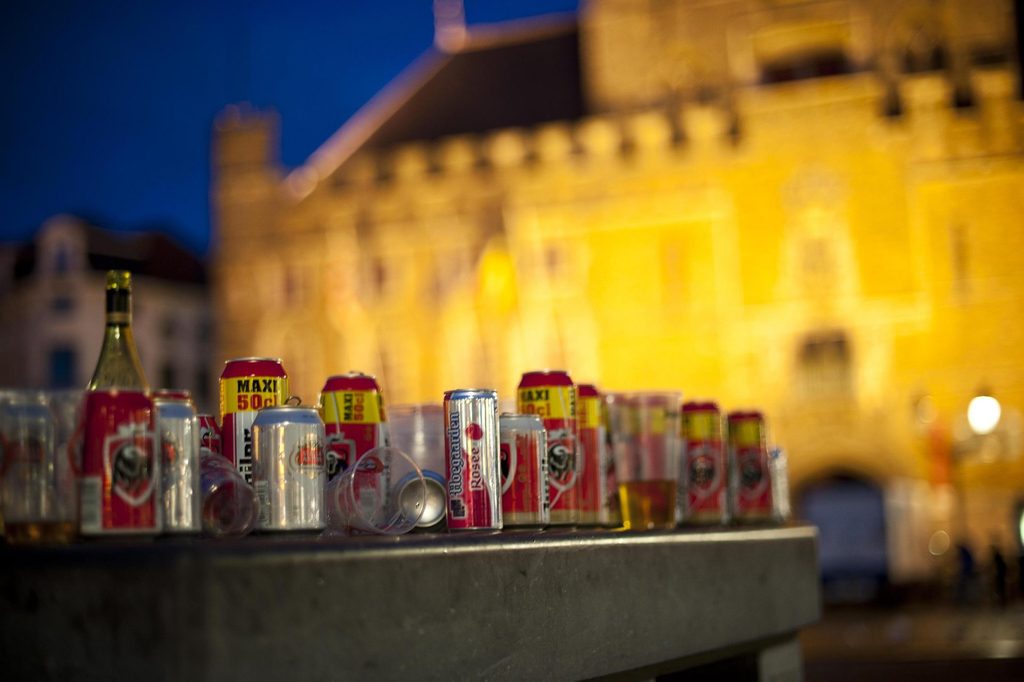With Belgium historically producing well above the EU average household waste produced each year, efforts are being made to deal with the national rubbish issue and attention is turned to recycling.
Specifically, might a deposit system for cans and bottles be introduced, similar to that used in other European countries such as Germany.
Whilst critics point out that Belgium's blue refuse bags already make it possible to practice selective sorting and to direct nearly 90% of beverage packaging from home consumption towards recycling, those for the system counter that a huge amount of empty cans and drinks refuse still ends up on pavements, and in green spaces and waterways.
Data from the Brussels minister for public cleanliness shows that 1800 tonnes of plastic bottles and nearly 4000 tonnes of cans are collected each year in public spaces in the city.
The idea of a deposit system is slowly gaining favour in Belgium. The Flemish government expressed its interest in adopting one at the end of 2022, while the Walloon authorities echoed this just a few weeks ago. Now it is the turn of the Brussels region to confirm a possible collaboration with the other two Regions and the Federal government on a deposit system.
Related News
- Belgium is among Europe's top recyclers
- Less than one in two items of plastic waste recycled in Belgium: What can be done?
Should the system be introduced, possibly as soon as 2025, the public might see additional costs of 10, 15 or 20 cents applied when buying drinks. This would then be reimbursed when bringing back the empties.
What form the system would take is still up for discussion. Several systems are being studied, including one that would see the beverage industry, Fost Plus (responsible for recycling household waste) and Comeos distribution work together.
RTBF reports that a so-called "digital" deposit would allow consumers to "recover their deposit by scanning products to show that they have disposed of their can or bottle in a blue bag or a blue bin." The system is described by its proponents as "easy for all Belgians, regardless of their age, background, digital skills, home or income" and is currently being tested in Flanders.
It remains to be seen whether simpler or more widely tested alternatives will be the better option for a nationwide rollout.

